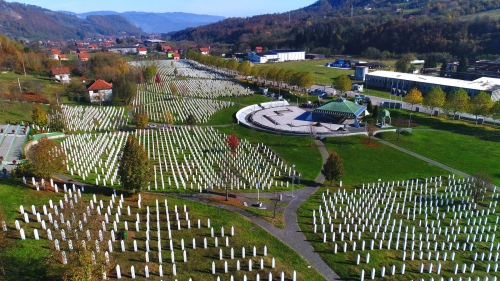The Afghanistan Papers: A Secret History of the War

Craig Whitlock is an investigative reporter with The Washington Post. He has published THE AFGHANISTAN PAPERS A secret history of the war by Simon & Schuster.
Just as the Pentagon Papers changed the public’s understanding of Vietnam, The Afghanistan Papers contains startling revelation after revelation from people who played a direct role in the war, from leaders in the White House and the Pentagon to soldiers and aid workers on the front lines. In unvarnished language, they admit that the US government’s strategies were a mess, that the nation-building project was a colossal failure, and that drugs and corruption gained a stranglehold over their allies in the Afghan government. All told, the account is based on interviews with more than 1,000 people who knew that the US government was presenting a distorted, and sometimes entirely fabricated, version of the facts on the ground.
Following is from a six-part series that details the reporting of Afghanistan Papers published in 2019. (On The Washington Post site, click on More Stories drop-down to see all the parts)
The U.S. government tried to shield the identities of the vast majority of those interviewed for the project and conceal nearly all of their remarks. The Post won release of the documents under the Freedom of Information Act after a three-year legal battle.
In the interviews, more than 400 insiders offered unrestrained criticism of what went wrong in Afghanistan and how the United States became mired in nearly two decades of warfare.
With a bluntness rarely expressed in public, the interviews lay bare pent-up complaints, frustrations and confessions, along with second-guessing and backbiting.
Topics: Afghanistan, Conflicts And War, Foreign Policy, United States Of America, War In Afghanistan (2001-2021)
Views: 867
Related Suggestions

















